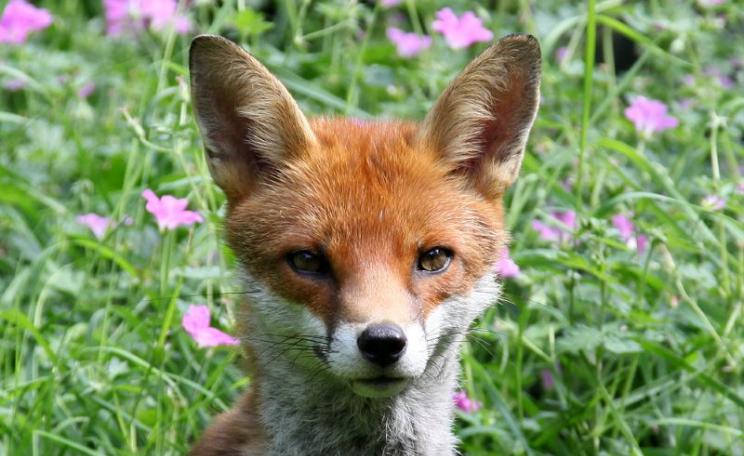The value of our ecosystems and biodiversity or so-called 'natural capital' is being ignored by governments and businesses, says a major new study.
Drawing comparisons with Sir Nicholas Stern’s 2006 report on the cost of climate change, The Economics of Ecosystems and Biodiversity report (TEEB), a mammoth three-year project funded by a host of EU countries, estimated that the continued loss of forests and biodiversity would cost us between £1.2-2.8 trillion a year.
The study's authors said the value of biodiversity was 'invisible' in the current economic system and that protecting the natural world was cheaper than the expensive technological solutions being proposed.
'The economic invisibility of ecosystems and biodiversity is increased by our dominant economic model, which is consumption-led, production-driven, and GDP-measured. This model is in need of significant reform,' said study leader Pavan Sukhdev of Deutsche Bank.
'We are running down our natural capital stock without understanding the value of what we are losing,' he added.
Copenhagen
The study said the recognition of the value of the world's biodiversity and natural capital needed to start with an agreement on preventing carbon emissions from deforestation at the Copenhagen climate talks next month.
This could be achieved through the Reduced Emissions from Deforestation and Forest Degradation (REDD) scheme which would give developing countries funds to maintain their forests.
It said while the cost of REDD might be as high as $33 billion a year, the long-term benefits in terms of reduced climate change were estimated to be $3.7 trillion in present day values.
'Paying developing countries under REDD marks a fundamental step forward in terms of bringing the huge financial importance of ecosystems and biodiversity into the centre of economic activity,' said Achim Steiner, UN Under-Secretary General and UNEP Executive Director.
'It could open the door to more creative and forward looking funds and mechanisms covering other nature-based infrastructure such as peatlands and wetlands en route to support for the services generated by coastal and marine ecosystems such as coral reefs to mangroves,' he said.
Successes
The study highlighted a number of examples where putting a value on biodiversity had reaped financial benefits.
• In Venezuela, investment in the national protected area system is preventing sedimentation that otherwise could reduce farm earnings by around $3.5 million a year.
• Planting and protecting nearly 12,000 hectares of mangroves in Vietnam costs just over $1 million but saved annual expenditures on dyke maintenance of well over $7 million.
• One in 40 jobs in Europe are now linked with the environment and ecosystem services ranging from clean tech ‘eco-industries’ to organic agriculture, sustainable forestry and eco-tourism.
• Investment in the protection of Guatemala’s Maya Biosphere Reserve is generating an annual income of close to $50 million a year, has generated 7,000 jobs and boosted local family incomes.
Value nature
WWF welcomed the report, urging governments to heed the call to reform their economic policies to halt the destruction of natural resources.
'Governments need to pay attention to this report and start looking at nature in a more holistic way,' said WWF Director of Global and Regional Policy Gordon Shepherd. 'With smarter approaches to economics this can change but right now we are paying for their ignorance.'
Useful links
The Economics of Ecosystems and Biodiversity report (TEEB)
| READ MORE... | |
 |
NEWS UN report assesses the worth of the natural world Just as Sir Nicholas Stern’s report in October 2006 put a price on the effects of climate change, a new report by the UN has begun to cost out the threat of failing to conserve the world’s biodiversity – a cool £40 billion annually, and rising. |
 |
NEWS Habitats report shows sorry state of EU biodiversity A report by the European Commission shows that habitat and wildlife protection targets across Europe will be missed, with nine out of 10 UK habitats found to be in 'unfavourable' condition |
 |
INVESTIGATION Reducing carbon emissions from deforestation We can all agree on what the problem is, it’s settling on a solution that’s the difficult part. Mark Anslow explores the complicated world of deforestation |
 |
NEWS Extinct bumblebee will return to Britain in 2010 Short-haired bumblebee to be brought back from New Zealand and reintroduced into Kent |
 |
NEWS ANALYSIS Severn barrage - is there an alternative? Will the temptation of vast amounts of clean, tidal energy lead us to ignore the chance of serious environmental damage? Mark Anslow and Peter Clark report |








